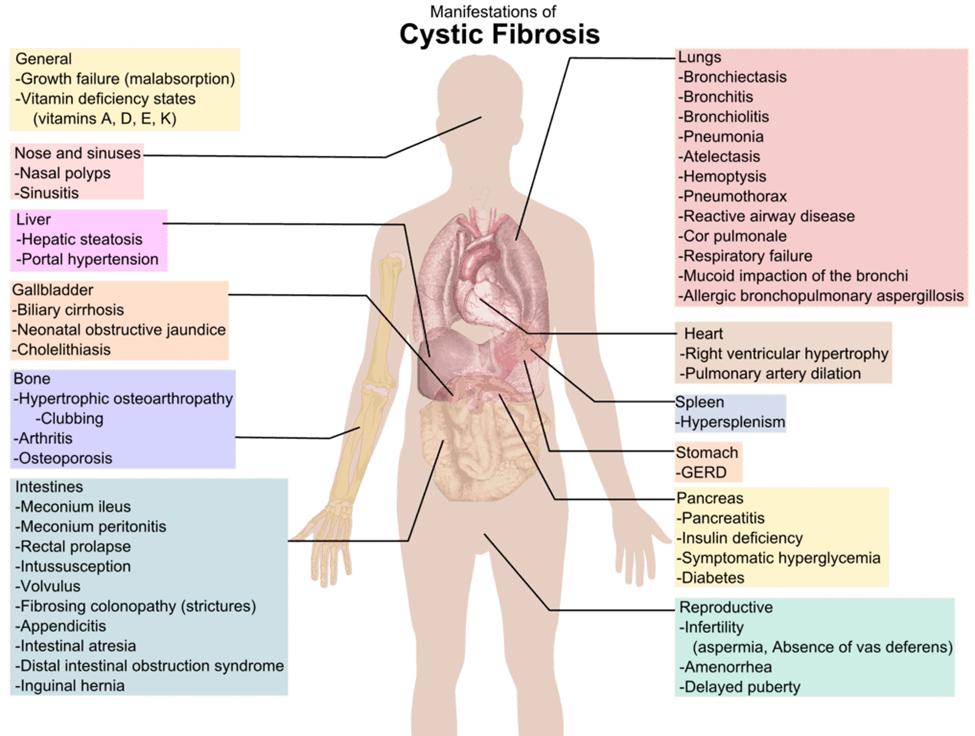The clinic nurse is providing instructions to the parent of a child with cystic fibrosis regarding the immunization schedule for the child. Which statement would the nurse make to the parent?
The immunization schedule will need to be altered."
The child will receive all of the immunizations except for the pollo series.
"The child will receive the recommended basic series of immunizations along with a yearly influenza vaccination.
The child should not receive any hepatitis vaccines."
The Correct Answer is C
A. "The immunization schedule will need to be altered."
Incorrect: This is too vague and does not provide specific information about the child's immunization schedule.
B. "The child will receive all of the immunizations except for the polio series."
Incorrect: There is no indication that the child should not receive the polio vaccine. Children with cystic fibrosis are generally recommended to receive all appropriate vaccinations.
C. "The child will receive the recommended basic series of immunizations along with a yearly influenza vaccination."
Correct Answer: Children with cystic fibrosis should receive the recommended basic series of immunizations, including vaccines for diseases such as diphtheria, pertussis, tetanus, measles, mumps, rubella, polio, Haemophilus influenzae type b (Hib), hepatitis B, and others. Additionally, they should receive a yearly influenza vaccination to help prevent respiratory complications.
D. "The child should not receive any hepatitis vaccines."
Incorrect: There is no general contraindication for children with cystic fibrosis to receive hepatitis vaccines. The nurse should recommend the appropriate vaccines, including those for hepatitis B, as per the standard immunization schedule.

Nursing Test Bank
Naxlex Comprehensive Predictor Exams
Related Questions
Correct Answer is C
Explanation
A. Crayons and a coloring book:
Incorrect: Crayons and coloring books may not be appropriate for a 12-month-old, as they may pose a choking hazard. Additionally, they might require more direct contact, which may not be ideal under contact precautions.
B. Modeling clay:
Incorrect: Modeling clay may also pose a choking hazard for a toddler. Moreover, it can be messy and may not be suitable for use in a hospital room with contact precautions.
C. Hanging crib toys.
Correct Answer: Hanging crib toys can provide visual and tactile stimulation for the toddler without the need for direct contact. These toys can be attached to the crib, allowing the child to engage with them safely.
D. Large building blocks:
Incorrect: While large building blocks can be suitable for a toddler's developmental needs, they may not be the best option in a confined hospital room under contact precautions. The child's access to and handling of the blocks may be limited in this setting.
Correct Answer is B
Explanation
A. "I will have my child wear soft fabric clothing under the brace."
Explanation: Wearing soft fabric clothing under the brace can enhance comfort and reduce the risk of irritation. This is a suitable practice.
B. "I need to apply lotion under the brace to prevent skin breakdown."
Explanation:
Applying lotion under the brace may lead to moisture accumulation and skin breakdown. It is generally recommended to keep the skin clean and dry under the brace to prevent irritation and pressure sores. Lotions or creams can contribute to moisture, potentially causing skin problems.
C. "I need to avoid the use of powder because it will cake under the brace."
Explanation: Powder can accumulate and cake under the brace, leading to skin issues. This statement is correct, emphasizing the importance of avoiding the use of powder.
D. "I will encourage my child to perform prescribed exercises."
Explanation: Encouraging the child to perform prescribed exercises is essential for maintaining flexibility and strength. This statement reflects a positive and supportive approach to managing scoliosis.
Whether you are a student looking to ace your exams or a practicing nurse seeking to enhance your expertise , our nursing education contents will empower you with the confidence and competence to make a difference in the lives of patients and become a respected leader in the healthcare field.
Visit Naxlex, invest in your future and unlock endless possibilities with our unparalleled nursing education contents today
Report Wrong Answer on the Current Question
Do you disagree with the answer? If yes, what is your expected answer? Explain.
Kindly be descriptive with the issue you are facing.
